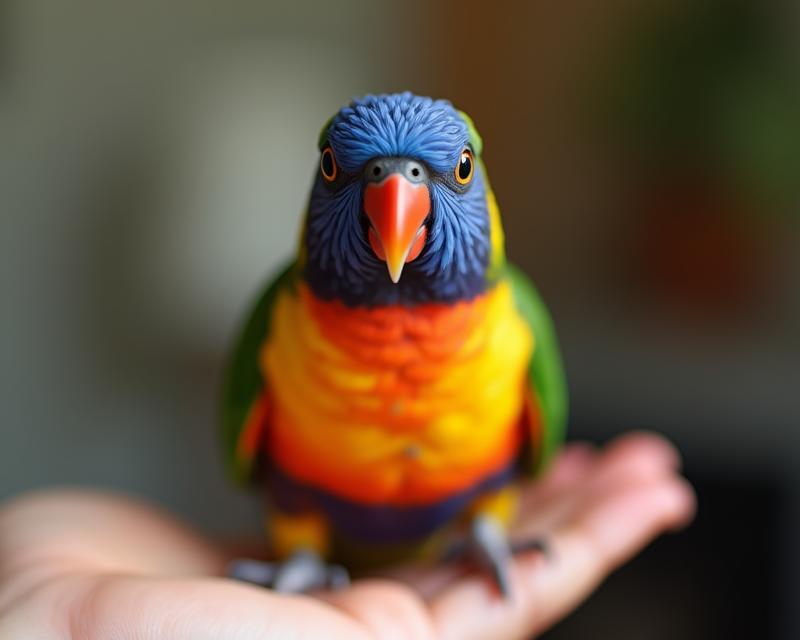Parrot Mimicry: Why & How to Manage It
Publish in General Care el 29/06/2025 16:34
Why Does My Parrot Mimic? Understanding Parrot Behavior
Parrots are amazing creatures! Their intelligence and ability to mimic sounds are truly fascinating. But have you ever wondered *why* your feathered friend repeats everything from your phone ringtone to your favorite phrases? It's more than just a quirky habit; it's deeply rooted in their natural behavior. Understanding this behavior can help you build a stronger bond with your parrot and manage mimicry in a way that's positive for both of you.

The Science Behind the Sounds
Parrots aren't simply repeating sounds like parrots; they're actually processing and replicating them! Their vocal cords are incredibly flexible, allowing them to produce a wide range of sounds. More importantly, parrots have a strong social nature. In the wild, mimicking is a key part of their communication. They learn to identify and imitate the calls of other parrots, as well as environmental sounds, to integrate into their flock and establish social bonds. When they mimic you, they're essentially trying to interact and connect with you – their human flock!
Encouraging Mimicry: A Fun Bonding Activity
Most parrot owners welcome mimicry! It's a sign of a happy, engaged bird. You can actually encourage it by engaging in vocal play. Talk to your parrot frequently, use different tones of voice, and repeat interesting sounds. Sing songs, read aloud, or even just narrate your day. Positive reinforcement is key – offer praise and treats when your parrot successfully mimics a sound. This turns mimicry into a fun game and strengthens your relationship. Be patient; it takes time for parrots to learn and refine their vocal skills. Don't pressure them, and focus on creating a positive and stimulating environment.
Discouraging Undesirable Mimicry: A Gentle Approach
Sometimes, mimicry can become a bit…challenging. Perhaps your parrot repeats annoying sounds, like a loud alarm clock or a repetitive noise. The key here is to avoid reinforcing the behavior. Don't react strongly when they mimic these sounds. Ignoring the unwanted mimicry is often the most effective approach. You can also redirect their attention by offering a toy or engaging in a different activity. Never punish your parrot for mimicking; this can damage your bond and create fear. Consistency is important. If you consistently ignore the unwanted sounds and offer positive attention when they mimic something you *do* want them to repeat, they'll gradually learn to focus on more desirable vocalizations.
Ultimately, understanding why parrots mimic is the first step to managing it effectively. It's a natural behavior driven by their social instincts and intelligence. By providing a stimulating environment, engaging in vocal play, and using a gentle, consistent approach, you can enjoy the amazing vocal talents of your feathered companion!





